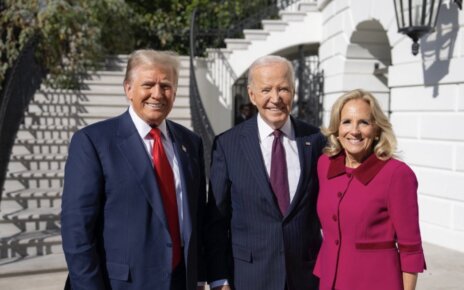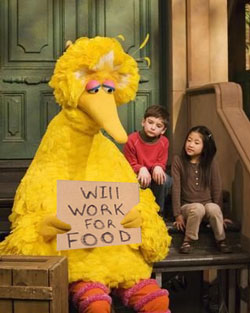Judge Ketanji Brown Jackson, Joe Biden’s nomination to fill Justice Breyer’s seat to the Supreme Court and the first Black woman nominated to the position, had her first Senate confirmation hearing this week. Judge Jackson, who has been confirmed by the Senate three separate times for other judicial appointments, began her hearing by recounting her experience as a child, how her family installed the value of public service in her and her brother, and by vowing that, if confirmed, she would maintain a neutral stance on the Court, ensuring its motto “equal justice under law” would be upheld. Judge Jackson also committed herself to ensuring all her opinions are transparent, while also saying that Judges should not be discussing political issues. This remark was made in concern to a question relating to her views on a potential move by the Biden Administration to pack the Supreme Court.
The nature of Judge Jackson’s appointment is historic – and this feeling was not lost in the Senate. According to NPR, Senator Cory Booker (D-NJ) can be quoted as saying that Jackson’s appointment “breaks an artificially confining mold of our past and opens up a more promising, potential filled future for us all as Americans.” Senator Richard Durbin (D-IL), the chairman of the Senate’s Judiciary Committee, is reported by the New York Times to have told Jackson that she’s “a living witness to the fact that in America all is possible.”
During her hearing, Democrats provided her with a platform of praise, highlighting her judicial career that stretches from being a public defender to now a Circuit Court Judge for the District of Columbia. Many Republicans, however, came prepared to the hearing with criticisms aimed at Judge Jackson. Republicans accused Judge Jackson of being soft on crime, while Senator Chuck Grassley (R-IA), the most senior Republican on the Judiciary Committee, expressed concern over the role of so-called “dark money” and the influence of a group named Demand Justice. Demand Justice is an advocacy group focused on reforming the Supreme Court, and has a published shortlist of candidates it would like to see nominated to the court. Judge Brown is a member of this list, alongside Judge Kruger, a California Supreme Court Justice who was part of Biden’s own Supreme Court shortlist.
Senate Democrats are seeking to have Judge Brown confirmed to her position by Easter. The pace by which Democrats seek to achieve this has reminded several Republicans of the hearing to confirm Justice Kavanaugh to the bench. Despite this, Senator Lindsey Graham (R-SC) has stated that Judge Brown will not be “vilified” – referring to the way Democrats approached Kavanaugh concerning allegations of sexual abuse.
Federal Reserve Chairman Jerome Powell this week announced new policy within the Federal Reserve. As the US economy deals with inflation, the Fed has opted to raise interest rates for the first time in three years, and plans on doing so a further six times this year. The current raise brings the new interest rate between 0.25% and 0.5%, with the Fed planning on increasing rates upwards to 1.9% by the end of this year, a full percentage point higher than previously forecasted this past December. The Federal Reserve then plans on raising interest rates three more times in 2023, with no rate increases planning for 2024 as of now. The raising of interest rates came with almost unanimous consent amongst Fed Presidents, with St. Louis Fed President James Bullard preferring a higher increase.
According to CNBC, Powell can be quoted as saying that “the labor market is very strong, and inflation is much too high.” Powell also stated that current inflation rates threaten what he sees as an otherwise strong economic recovery from the coronavirus induced economic recession. Powell vowed that measures will be put into place to curb the tide of inflation.
The culprit of the current inflation issue is one that cannot be directly pinpointed. The current inflation rate surpassed that of the 40 year high set last December. Economists pin the current rise on issues related to the strained supply chain that is coupled with surging rates of demand alongside increased production costs. Consumption patterns during the pandemic also shifted from the acquisition of services to products, and while it is not a main driver of inflation, it is another factor that must be considered. Political battles over the cause of inflation tend to point the finger at the American Rescue Plan Act, however the Biden Administration refutes this. The United States is also currently not the only country experiencing rising inflation rates; rates in the European Union and its member states have increased at an almost identical pace. What can be said for sure is that the global economy is still in the midst of reworking itself from the aftermath of the initial shocks of the coronavirus pandemic.



